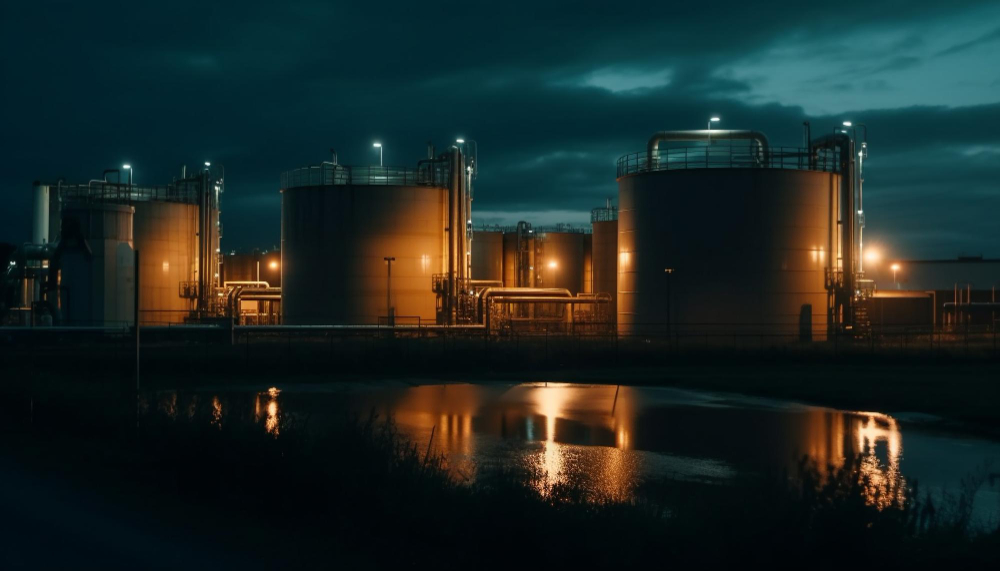
Petroleum, commonly known as crude oil, is a vital natural resource that fuels our everyday lives. From powering vehicles to generating electricity and manufacturing countless products, petroleum plays a pivotal role in the global economy. However, not all petroleum is created equal, and understanding its quality is crucial for ensuring efficiency, environmental sustainability, and the longevity of machinery. In this article, we’ll delve into the key factors that define petroleum quality in a relatable and understandable manner.
- Chemical Composition: The Building Blocks of Petroleum
Petroleum is a complex mixture of hydrocarbons, and its chemical composition varies from one source to another. The types and amounts of hydrocarbons present in crude oil determine its properties, such as viscosity, density, and boiling points. These properties, in turn, affect how easily the oil can be refined into various products like gasoline, diesel, and lubricants.
Think of crude oil as a recipe with different ingredients – each source of crude oil has a unique combination of hydrocarbons that influence its overall quality.
- Sulfur Content: Environmental Impact and Refining Challenges
Sulfur is a common impurity in crude oil, and its content is a crucial aspect of petroleum quality. High sulfur content can have detrimental effects, not only on the environment but also on the efficiency of refining processes. Sulfur dioxide emissions contribute to air pollution and acid rain, making low-sulfur crude oils more desirable.
Refineries often face challenges in processing high-sulfur crude oils, requiring additional refining steps to meet environmental standards. Therefore, low-sulfur crude oils are preferred for their environmental benefits and ease of refining.
- Density and Viscosity: Flow Matters
Density and viscosity are key indicators of how easily petroleum can flow. Density refers to the mass per unit volume, while viscosity measures a fluid’s resistance to flow. High-density and high-viscosity oils may pose challenges in transportation and refining processes, leading to increased energy consumption and costs.
Imagine trying to pour honey compared to water – honey is more viscous and flows more slowly. Similarly, understanding the viscosity and density of petroleum helps in assessing its ease of transportation and processing.
- API Gravity: Gauging Lightness or Heaviness
The American Petroleum Institute (API) gravity is a measure of how heavy or light a petroleum liquid is compared to water. Higher API gravity indicates lighter, more valuable crude oils, while lower values indicate heavier, more viscous oils. Lighter oils are often preferred as they yield higher proportions of valuable refined products like gasoline.
Think of API gravity as a scale – the higher the number, the lighter the oil, and the easier it is to refine into valuable products.
- Distillation Range: Unlocking the Fractions
Petroleum refining involves separating crude oil into various fractions based on their boiling points. The distillation range of a crude oil is the temperature range at which different fractions are obtained. Understanding this range is crucial for optimizing the refining process to obtain specific products like gasoline, diesel, and jet fuel.
Visualize distillation as a cooking process where ingredients are separated based on their cooking temperatures – the distillation range of crude oil determines the various fractions obtained during refining.
Conclusion:
In conclusion, the quality of petroleum is a multifaceted aspect that influences its usability, environmental impact, and economic value. From the chemical composition to sulfur content, density, API gravity, and distillation range, each factor plays a crucial role in determining how efficiently crude oil can be transformed into the products that power our modern world. By understanding these key factors, we can make informed decisions about the types of crude oil we use and the technologies employed in refining processes, ultimately contributing to a more sustainable and efficient energy future.
